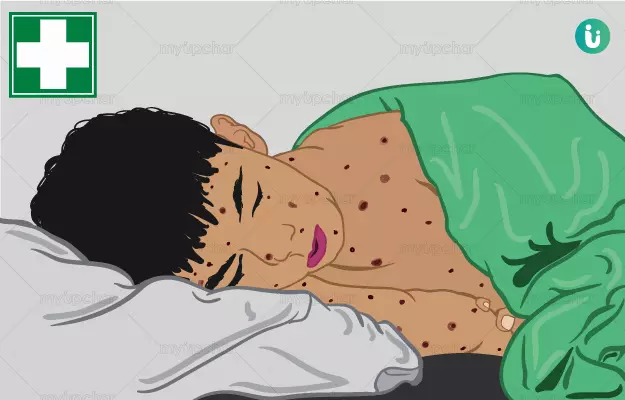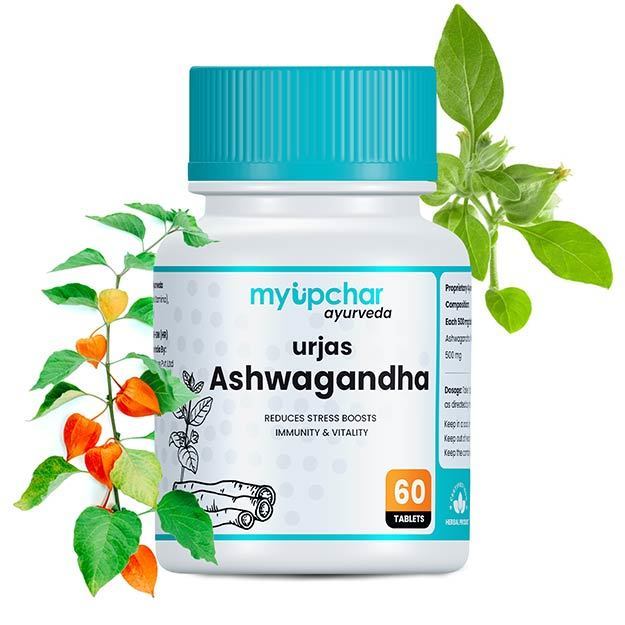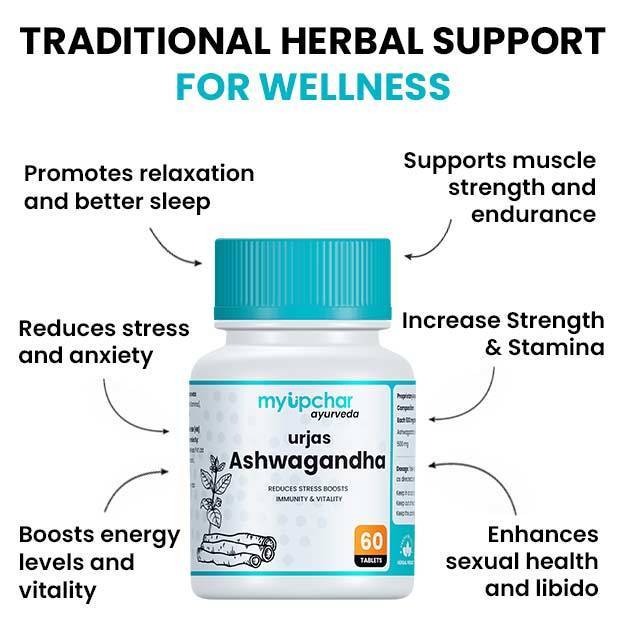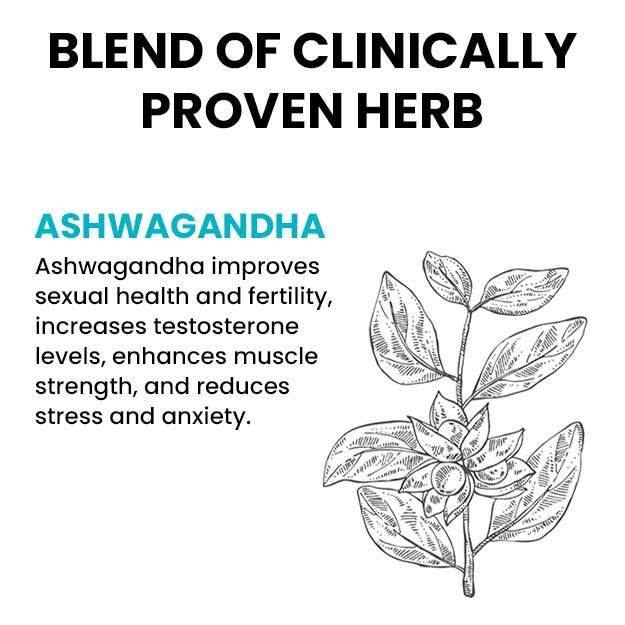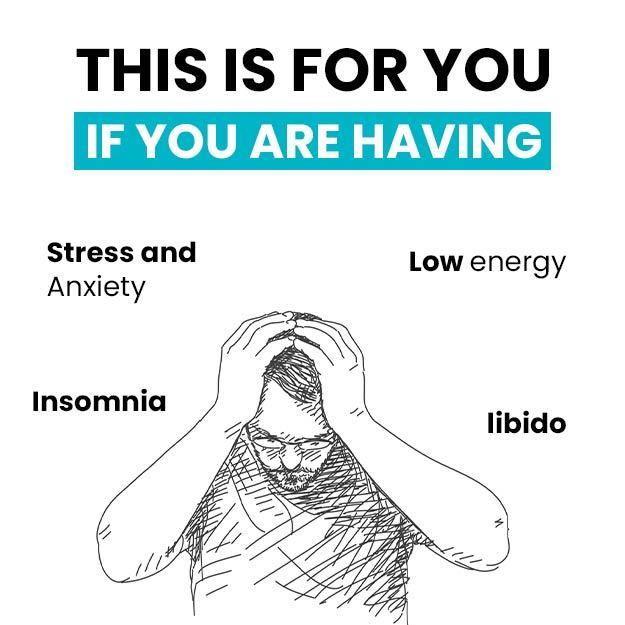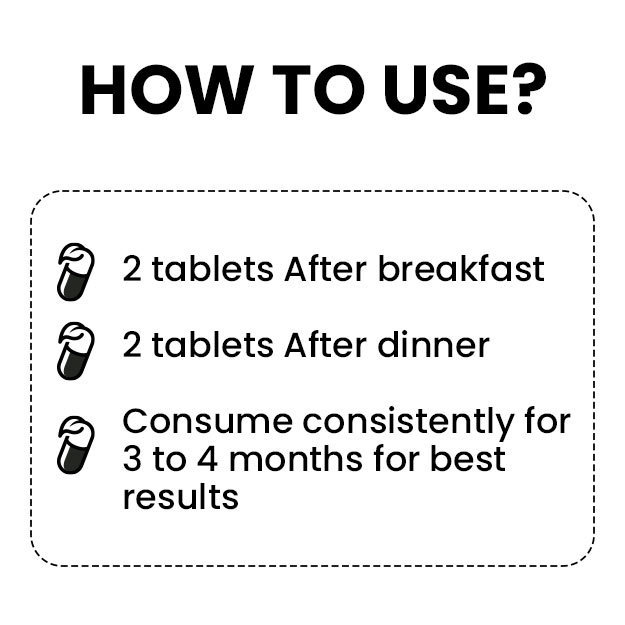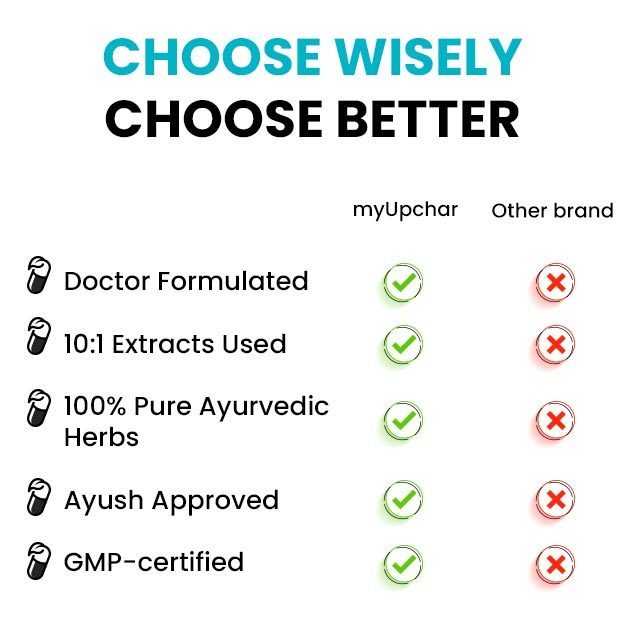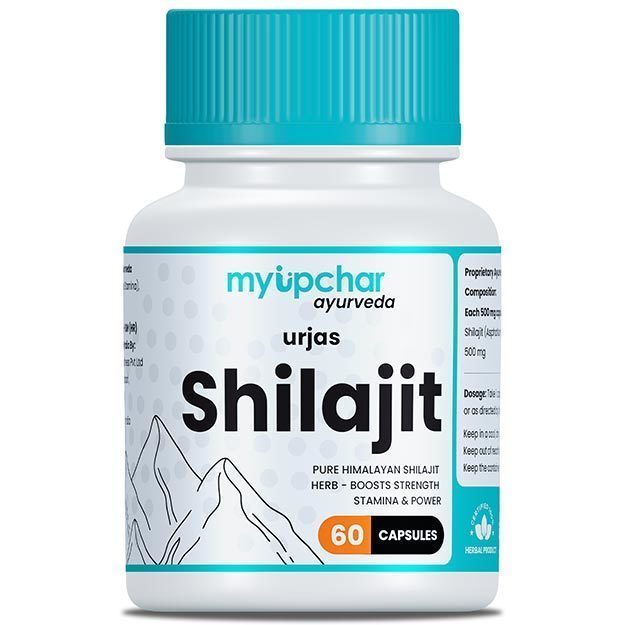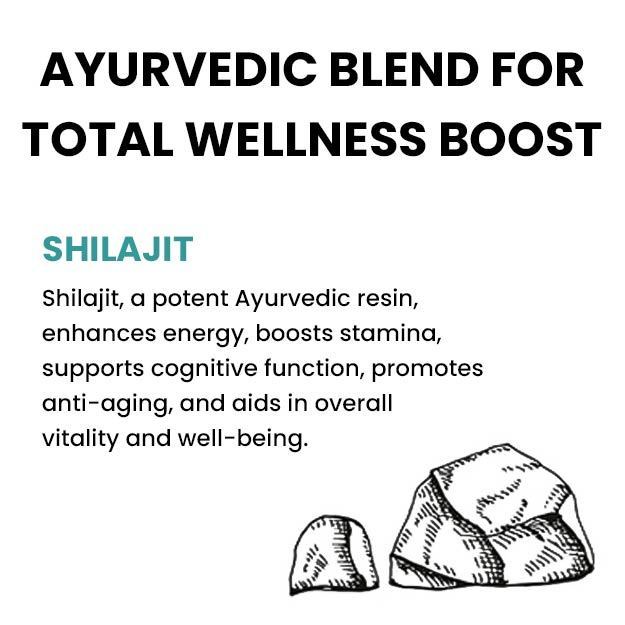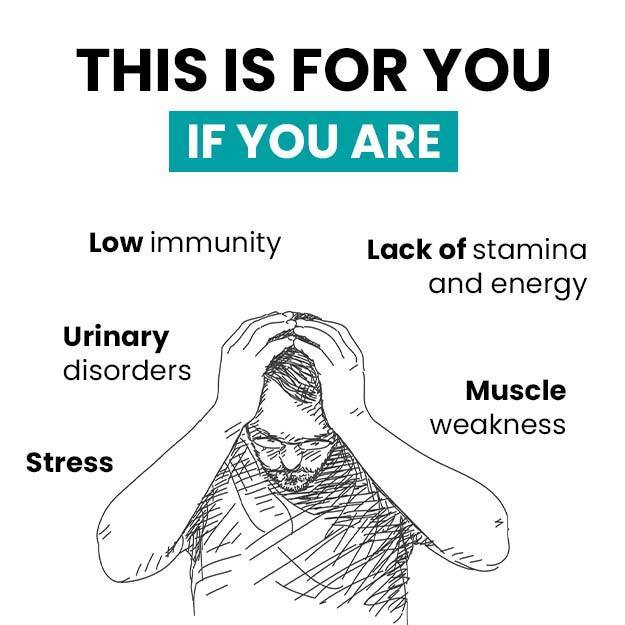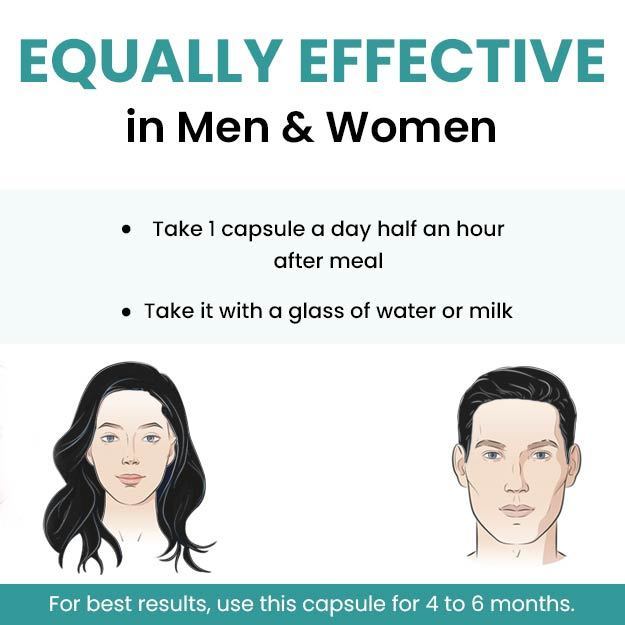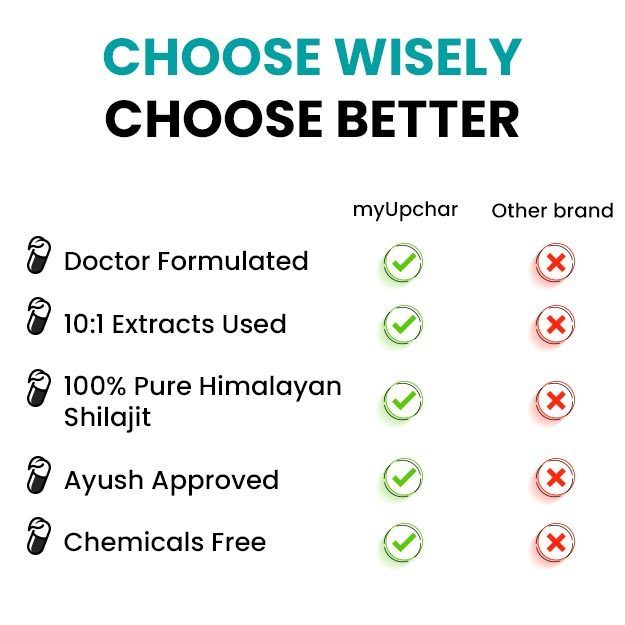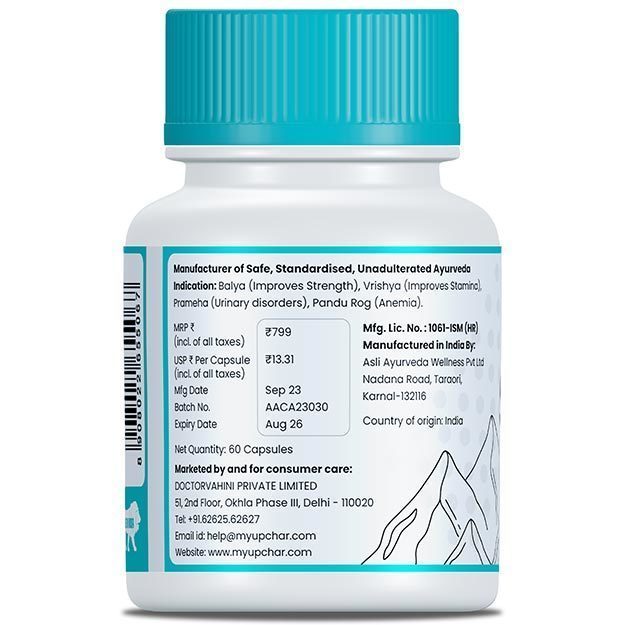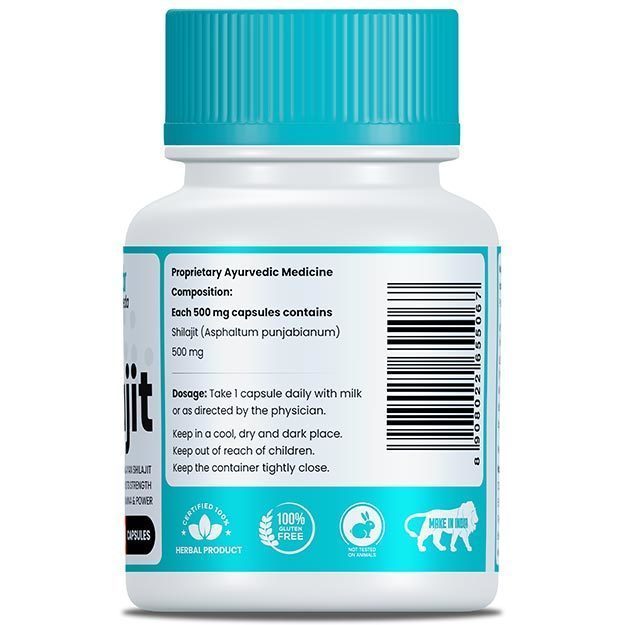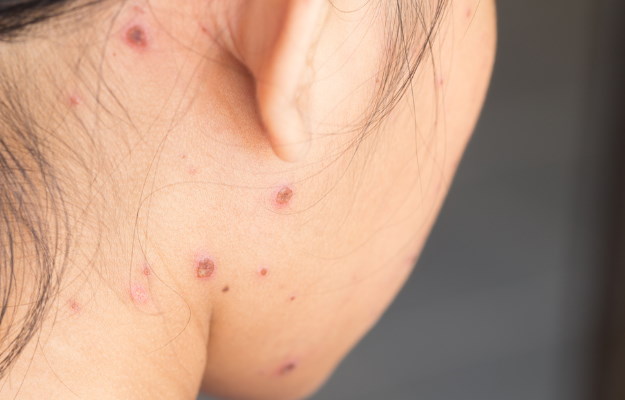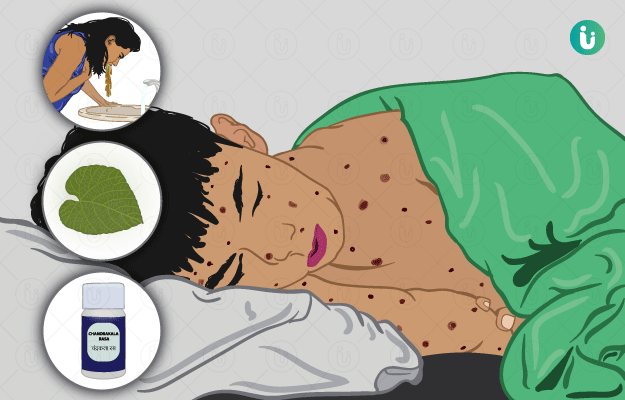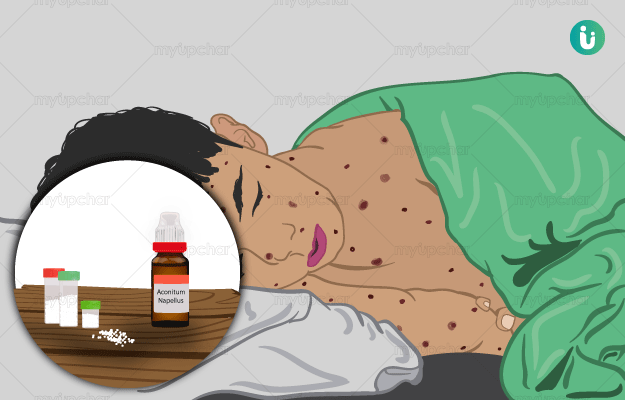Chicken pox is a very fast spreading disease, which is also called small pox or chicken pox in common language. This disease is caused by a virus called "Varicella zoster" in which a person gets fluid-filled blisters or rashes all over the body. These rashes first appear on the face and back and then spread all over the body. Due to this, the person has many symptoms like fever and itching in the blisters, which are very disturbing.
Although chicken pox gets cured on its own or by taking some home remedies, sometimes it can cause many other problems and complications. In some rare cases, chicken pox can also be fatal.
This article talks about whether chicken pox is dangerous, what to do and what not to do in chicken pox and when to go to the doctor for it.
(Read more - How to Soothe Chicken Pox Symptoms Naturally at Home)
- Is Chicken Pox Dangerous?
- What Should Be Done In Case Of Chicken Pox?
- What Not To Do With Chicken Pox?
- When Should One Go To The Doctor For Chicken Pox?
- Summary
Is Chicken Pox Dangerous?
Although people suffering from chicken pox recover completely, it can be serious and even life-threatening for many people. Older people are more likely to have other complications when chicken pox occurs, although their cases are very rare. Chicken pox is more dangerous for pregnant women, newborns and people whose immune system is weak. Make sure that every member of your family has been vaccinated against chicken pox and continues to get vaccinated from time to time. The vaccine given for chicken pox is called Varicella vaccine.
If the chicken pox blisters get infected by bacteria, then there is a high chance of complications. Chicken pox can cause the following problems, due to which the person's condition can worsen and in some cases can even lead to death -
- Chicken pox can cause pneumonia in some people, which is dangerous for children and newborns.
- Chicken pox can cause skin infections.
- Due to chicken pox, a person's brain can swell, the symptoms of which are like normal flu.
- Chicken pox can also cause dehydration in the body of a person.
- Due to chicken pox, a person can also get a disease called "Reye's syndrome" which is very serious. In this, the person's lungs and brain get swollen.
- Chicken pox can cause brain infection.
(Read more - Varicella Zoster (Chicken Pox) antibody test)
What Should Be Done In Case Of Chicken Pox?
There is no cure for chicken pox, but it gets cured on its own in some time. However, the discomfort caused by it can be reduced in some ways. The first aid for chicken pox is as follows -
- Applying cold compress on the blisters provides relief from itching and burning sensation in them.
- In case of high fever, acetaminophen medicines available in medical stores can be taken. However, before taking any medicine, read the instructions given on the packet or consult a doctor.
- If you are feeling itchy, then instead of scratching, pat or press the blisters lightly with your hand. Make sure that you do not put too much pressure on the blisters because if the blisters burst, they leave marks on the skin.
- Personal hygiene is very important for the person suffering from chicken pox and the family members. The person should take a bath with lukewarm water and wash hands frequently so that chicken pox does not spread.
- You can apply calamine lotion on the blisters to reduce itching, burning and pain.
- Chicken pox can also cause dehydration in the body of the person, so they should drink as much water as possible. If children are not drinking water, you can consult a doctor for them.
- Ask the person to take a bath every 3 to 4 hours and add baking soda to their bath water, this will provide relief from itching.
- If someone in your house has chicken pox, do not share their utensils, towels, bedding and clothes.
- When the person has chicken pox, he gets a lot of itching and if the person scratches his nails, then there is a risk of infection in the blisters. For this, cut your nails and if a small child has chicken pox, then tie a cloth on his hands so that he cannot scratch with nails.
- If you are having pain or discomfort in your mouth and you are not able to chew food, then drink soup and do not eat spicy food. Remember that the soup should not be too hot.
- Wear loose cotton clothes so that your skin does not get irritated and the cloth does not rub on the blisters.
- In case of chicken pox, eat only light, homemade food that is easily digestible and has sufficient protein and calories, such as Khichdi and sprouted grains.
- Some medicines available in medical stores can be taken for itching. However, before taking these medicines, read the instructions given on the packet and consult a doctor.
- If you are itching a lot, you can put a wet and cold cloth on the ulcers.
- If it is difficult for you to eat due to mouth ulcers, drink liquids that are cold.
- If you have measles, do not go to the office or anywhere outside. Going out will cause trouble to you as well as put other people at risk of getting chicken pox.
- If the child has chicken pox, do not let him go to school for a few days. Children are at the highest risk of contracting chicken pox.
(Read more - Smallpox)
What Not To Do With Chicken Pox?
When you have chicken pox, it is important to keep many things in mind, such as -
- Do not take anti-inflammatory painkillers like ibuprofen, these can worsen your condition in chicken pox.
- Do not eat processed food or junk food at all.
- Do not give aspirin to children at all, it can cause serious problems and consult a doctor before taking aspirin yourself.
- Do not take any medicine without consulting a doctor.
- If someone around you has chicken pox, do not share any of their things or food. Chicken pox is a very easily spreadable disease. If possible, do not go out of the house and do not do any tiring work. The blisters that appear when the rash comes out are very itchy, but itching can cause infection. Try not to scratch the blisters.
- Do not stop eating and drinking at all. Eat only light homemade food. Do not eat oily, spicy or high salt food, this can increase the discomfort in your mouth.
- Do not ignore the dangerous symptoms related to chicken pox.
(Read more - men's health conditions)
When Should One Go To The Doctor For Chicken Pox?
In most cases, there is no need to go to the doctor when the rash comes out, but in some situations it is important to take medical treatment. Be sure to visit your doctor in the following situations -
- If the fever is not getting cured even after taking medicine for 3 or 4 days.
- If there are rashes around the eyes or there is pain in the eyes.
- If the size of the skin ulcers is increasing or there is swelling inside the skin.
- If the fever is higher than 102 degrees.
- If there is a lot of coughing.
- If the person is experiencing symptoms of dehydration or is vomiting. If the person is feeling very sick or is not eating or drinking.
- If any part of the body is becoming very red and hot or there is pain on touching it.
- If thick yellow colored fluid is leaking from the blisters.
- If you do not understand what has happened to the person and what should be done.
- If the person is not able to get up from sleep or he is confused or is not fully conscious.
- If the person is not able to walk.
- If a pregnant woman has chicken pox. Especially in the last month of pregnancy.
- If the person is feeling very weak.
- If there is stiffness in his neck.
- If the person is having a severe headache.
- If the person's skin is showing signs of infection.
- If the patient is having difficulty in breathing.
- If the person is having severe stomach pain.
- If he is feeling very lethargic.
- If the person is having seizures. (In this situation it is necessary to go to the hospital as soon as possible)
- If the rash is bleeding or bruising.
- If the person is sensitive to light.
(Read more - Women's Health)
Summary
Chicken pox is an infectious disease caused by the varicella zoster virus. Its symptoms include red rashes on the body, itching, fever and weakness. If chicken pox occurs, resting, wearing loose and light clothes, and using calamine lotion or taking a bath with cold water to relieve itching can be helpful. Avoid scratching the rash so that the infection does not spread. Drink plenty of fluids and eat a nutritious diet. It is necessary to contact a doctor in case of severe symptoms or complications. This disease can be prevented by vaccination and following precautions.

